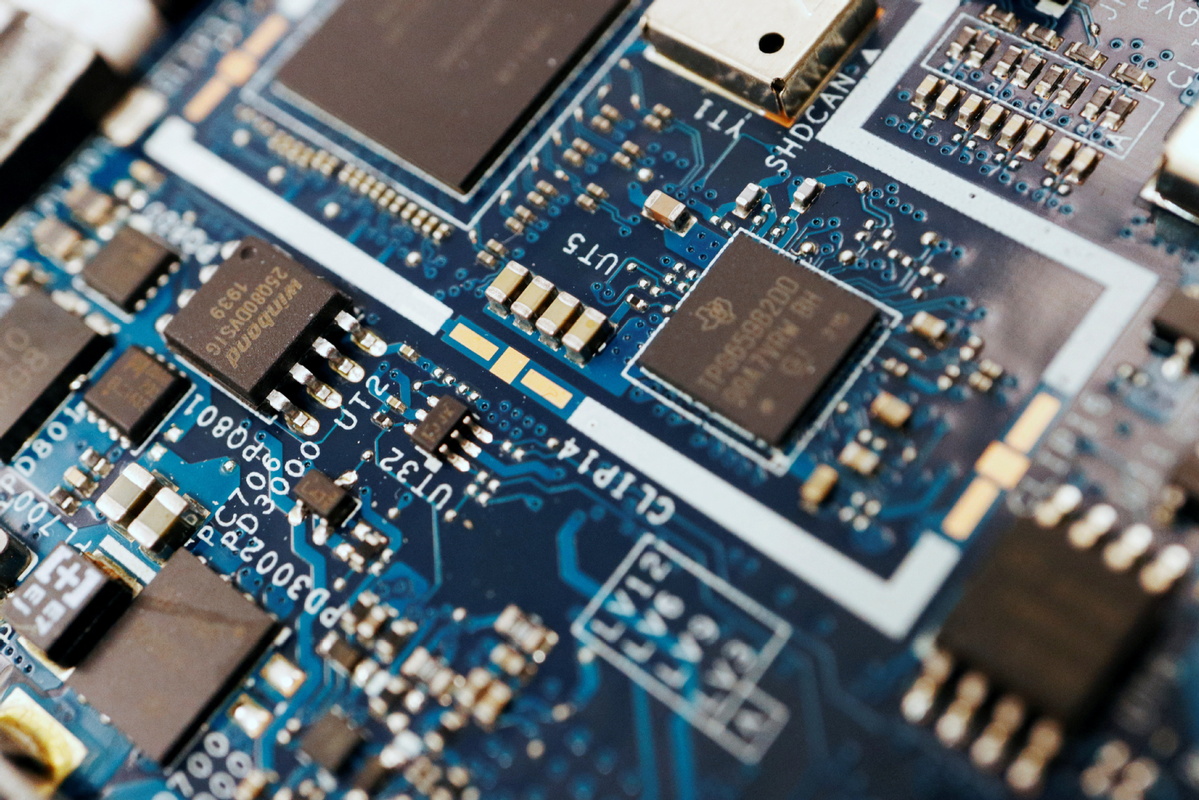US restrictions maul chipmakers' financials


Major global chip companies' poor financial performance is evidence of the adverse impact that US chip export restrictions on China have had on the entire global semiconductor industry, experts said.
As Washington's relentless political interference continues to weigh on chip multinationals, China's economic recovery, including strong momentum in new energy vehicles, could offer some relief, they said.
In the fourth quarter of 2022, the South Korean memory chip company SK Hynix posted a loss for the first time in 10 years, with net loss standing at 3.52 trillion won ($2.7 billion).
SK Hynix said earlier that it would slash investment this year by more than 50 percent, and the US export controls could place many limitations on running its plant in Wuxi, Jiangsu province.
Samsung chip segment's profit tumbled more than 90 percent year-on-year to 270 billion won in the last quarter of last year.
Toshiya Hari, lead analyst covering the semiconductor industry at investment bank Goldman Sachs, estimated that US controls on exports of high-end chipmaking equipment to China could have cost the world's toolmakers $6 billion in lost revenue in 2022, or 9 percent of their previously projected sales.
US chip company KLA said earlier its systems and service revenue could be affected in the near term by US export regulations on the sale of semiconductor technology to China.
Zhong Xinlong, a senior consultant at the China Center for Information Industry Development Consultancy, said the poor financial performance of chip firms is a result of both a severe supply and demand imbalance in the industry and a market disruption caused by Washington's sweeping chip restrictions on China.
According to a forecast by the World Semiconductor Trade Statistics, the global semiconductor market is forecast to decline by 4.1 percent this year to $557 billion — the first annual contraction since 2019. The decline is attributable to a number of factors, including rising inflation and weak consumer markets that hurt chip sales.
Global smartphone shipments fell 12 percent in 2022 to fewer than 1.2 billion units, according to market research company Canalys.
"The US government's attempts to exclude China from the global chip industrial chain also harm chip firms worldwide, not only directly hurting their revenues, including those of US chip companies, but also increasing uncertainty for decisionmakers," Zhong said.
As the world's largest chip market, the Chinese mainland accounts for more than half of the world's semiconductors, which are then assembled into tech products to be re-exported or sold in the domestic market, according to Daxue Consulting, a research firm.
Miao Wei, former minister of industry and information technology, said that as the global semiconductor industry is entering a downcycle, China's booming new energy vehicle market could offer a ray of hope for the world.
Now, the use of chips per new energy vehicle is 10 times that of per smartphone, and chip demand from the NEV market is far greater than that of the consumer electronics market, Miao said.
"It's expected that the rapid growth of China's new energy vehicles can make up for the negative impact of the decline in consumer electronics demand on the chip market, and will become an important support force for the global chip market in the future," Miao said.
masi@chinadaily.com.cn

































